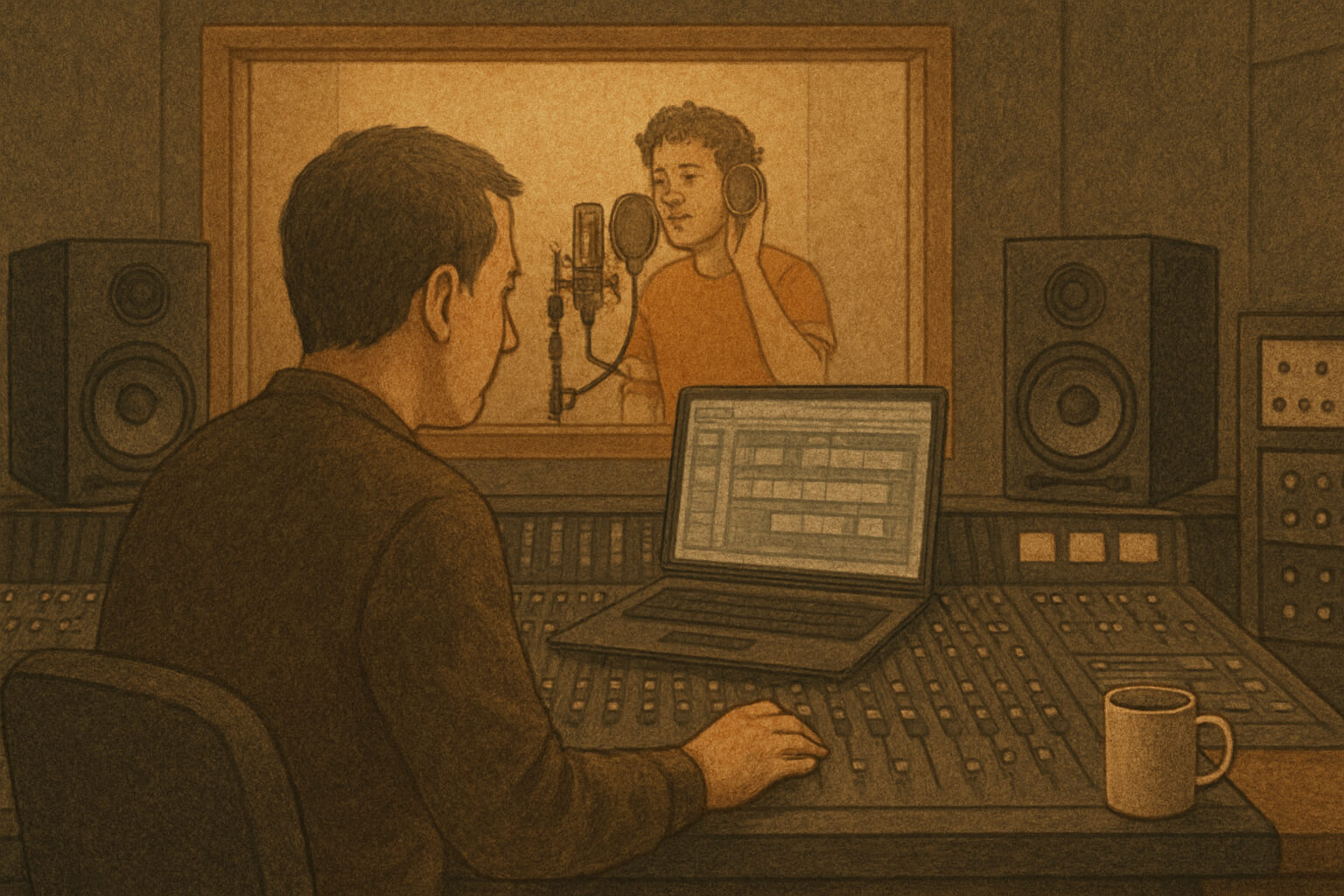August 08, 2025

When you hear the term music producer, you might picture someone behind a massive mixing console, turning knobs and wearing headphones. While that’s part of it, the role of a music producer goes far deeper — from shaping your sound to guiding the creative process. But do you really need one? Let’s break it down.
A music producer’s job is multifaceted and extends beyond just technical expertise. They wear many hats, helping shape your music both creatively and technically.
Beginner’s Guide to Understanding Music Genres
Producers often play a key role in helping artists choose genres or successfully blend different styles.
There are different types of music producers, each focusing on a particular aspect of the music production process:
Tip: Platforms like SoundBetter and AirGigs allow you to hire professional producers remotely, offering flexibility in collaboration.
Best MIDI Keyboards for Beginners in 2025
A skilled producer might also help you choose the right gear and software to complement your workflow.
Wondering whether you need a producer? Here’s how to decide:
How to Choose Your First Microphone for Home Recording
If you're self-producing, starting with the right gear is essential. Our guide can help you select the best microphone for your setup.
Thanks to affordable home studio gear and software like Logic Pro X, Ableton Live, and Pro Tools, more artists are stepping into the role of self-producer. You can now record, mix, and even master music from your bedroom, thanks to powerful tools and plugins.
However, even with all the technology available, a professional producer can save you time, provide expert insight, and help you avoid common production mistakes.
Learning Music in Your 30s, 40s, and Beyond
It’s never too late to start producing music! If you're new to music production, remember that the right resources can make all the difference.
A music producer can be a valuable collaborator in your music career, offering creative direction, technical expertise, and mentorship. Whether you need one depends on your personal goals, production skills, and budget. For many artists, starting out on your own and later bringing in a producer for fine-tuning and polishing can be the perfect balance.
Explore our featured articles to help you on your music production journey:
Stay up to date with the latest tips, expert insights, product reviews, and step-by-step guides to help you grow, create, and succeed—no matter your industry or passion.